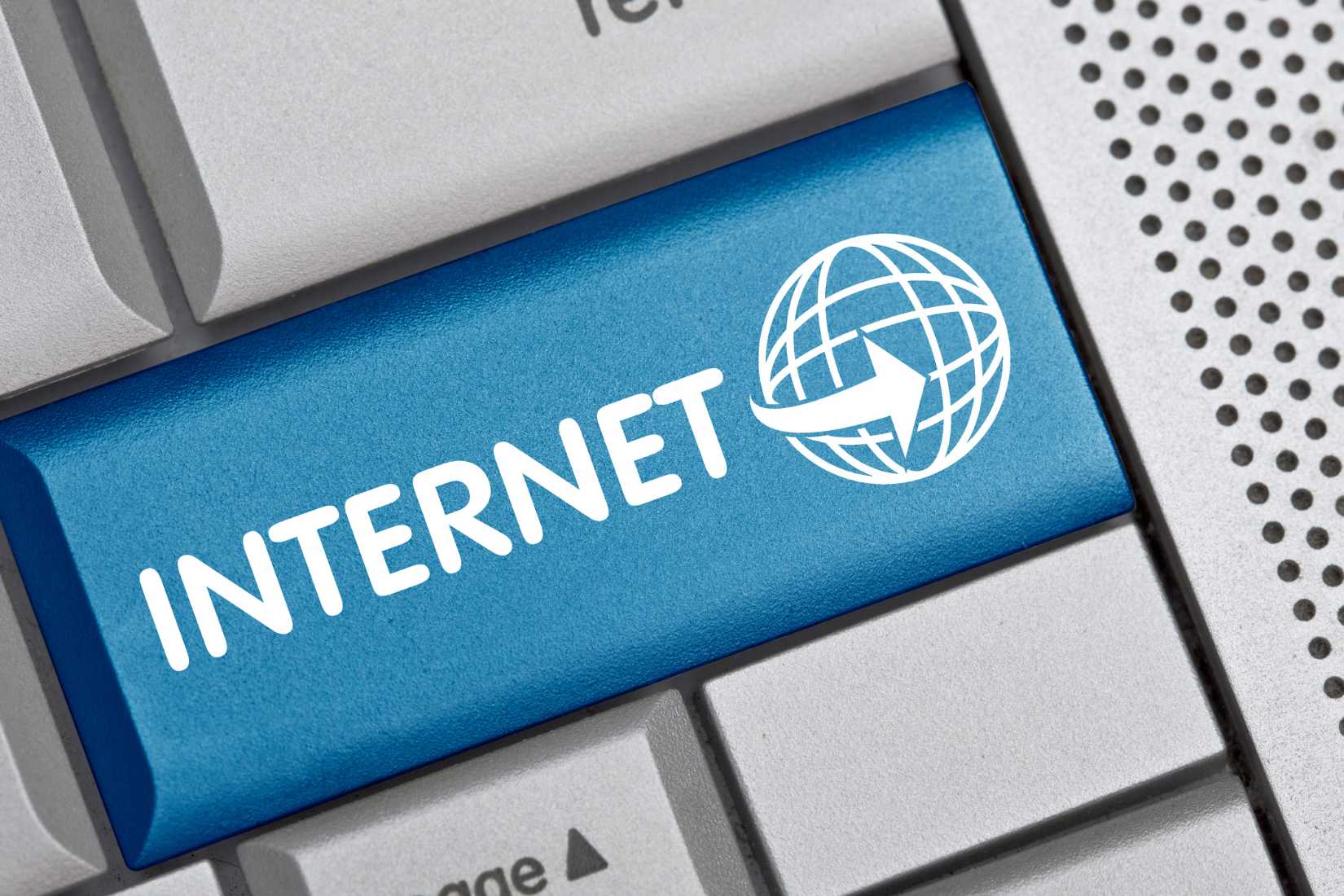
The Cellular Operators Association of India (COAI) has called for the need for revenue sharing by the OTT (over-the-top)platforms with the telecom service providers (TSPs). COAI's reasoning behind this is that the OTT calling and texting apps such as WhatsApp and Telegram offer the same services to the consumers as the TSPs, but they don't have to pay any levies to the govt. Whereas the TSPs are subject to huge levies for offering communication services. COAI has called the OTT players free riders on the networks of the TSPs. Thus, the industry body has called for the need for revenue sharing by the OTT communication apps with the TSPs.
COAI also said that because of the growing usage of OTT communication apps, the load on the networks of the TSPs keeps on growing, for which the telcos have to make further investments to improve the capacity of their networks to handle the enhanced load. Meanwhile, the OTT communication apps have to do nothing.
Read More - Telcos Should be Paid a Usage Charge by OTT Players in India Says COAI
COAI's Demand would be the Death of the Digital Economy
The Internet & Mobile Association of India (IAMAI) has said that COAI's demand for 'revenue sharing' is a covert attempt to dilute net neutrality in India.
IAMAI said, "Bodies such as the Cellular Operators Association of India have been advocating for a model where the sending party network pays (SPNP) which would allow Telecom Service Providers to exploit internet businesses by formalising rent seeking. The SPNP model would also be a death knell for the digital economy and the creative ecosystem which it sustains."
An argument that the IAMAI is making is that the demand for telecom services is entirely dependent on the ability of the OTT services to attract users. Thus, if the OTT services weren't much in demand, the telcos would see less data consumption from the users, and that would have meant lower revenues. Further, IAMAI said that the OTT service providers have flourished in India because the current regulatory regime allows them to distribute high-quality content for little to no cost to the users.
Read More - COAI Calls Out Big Tech Players for Spreading Misleading Propaganda
Three Reasons why SPNP Mechanism is Bad
IAMAI said that there are three reasons why the SPNP mechanism is bad and would reverse all the growth that India witnessed in the digital sector/domain. Take a look at these three reasons:
1) Disincentivising growth for OTT-based businesses; for whom a volume-based revenue-sharing mechanism would be a glass ceiling for continuing growth and may even act as a barrier to entry for new startups.
2) Adding a cost to accessing free or cheap content, which would inevitably be transferred to the consumer, effectively raising the cost of internet usage.
3) Allowing carriage regulation to become content regulation; as different formats of content have different implications on volume, traffic and value, this mechanism would, in effect, become a determining factor for individuals and businesses developing and consuming content.
So basically, IAMAI is saying that if you increase the cost of operations for the OTT service providers, that cost will ultimately be recovered by the consumers, and if the consumers have to pay more to use the internet, their consumption would lower, and that would have an effect on the revenues of the TSPs itself.
IAMAI said, "Netizens in India and abroad have repeatedly chosen to maintain net neutrality, the rewards of which may be reaped for decades to come. However, the reignition of this debate threatens the stable and flourishing tech ecosystem which India has developed over the last decade and will weaken India’s position as a leader of the Global Digital Economy."















